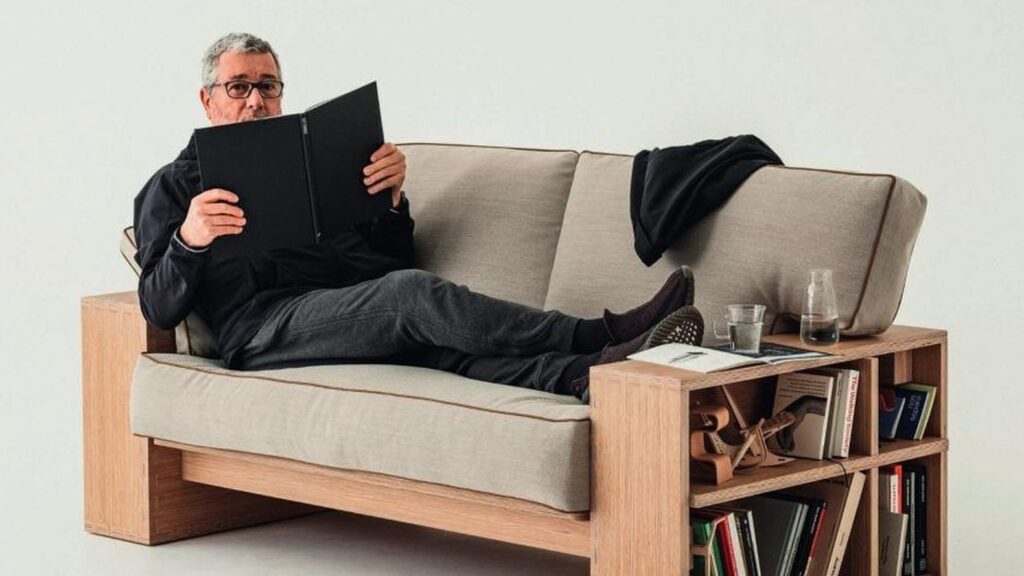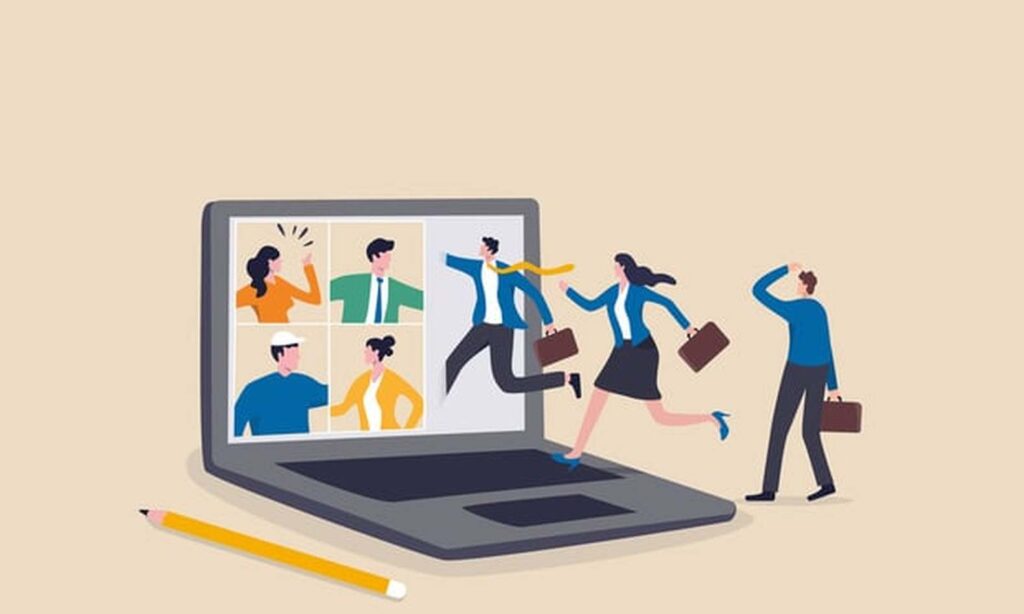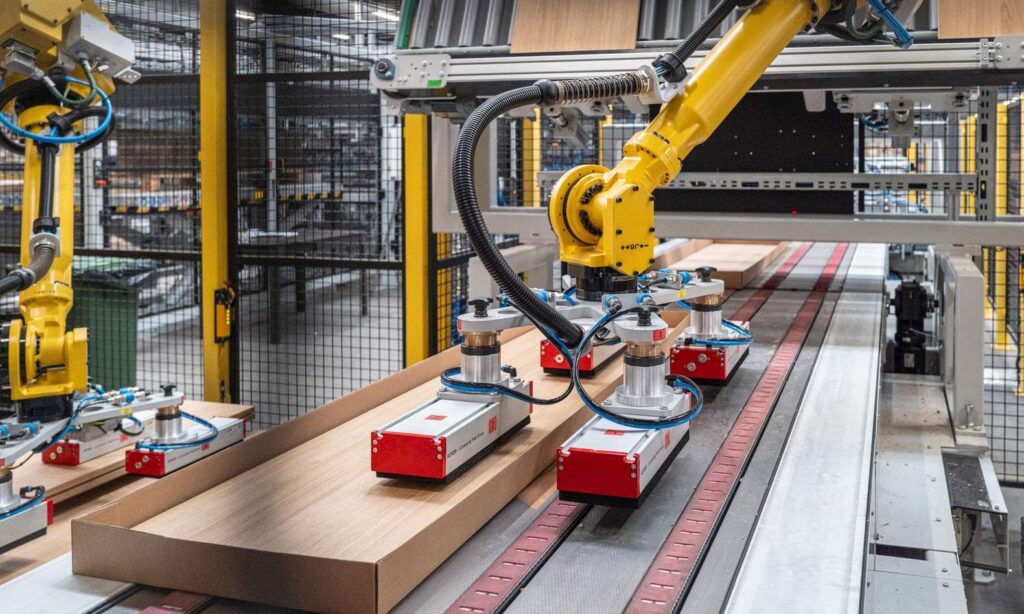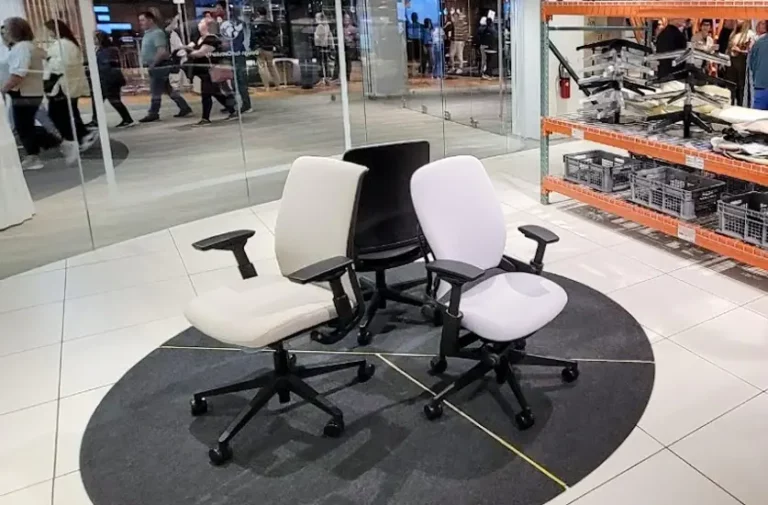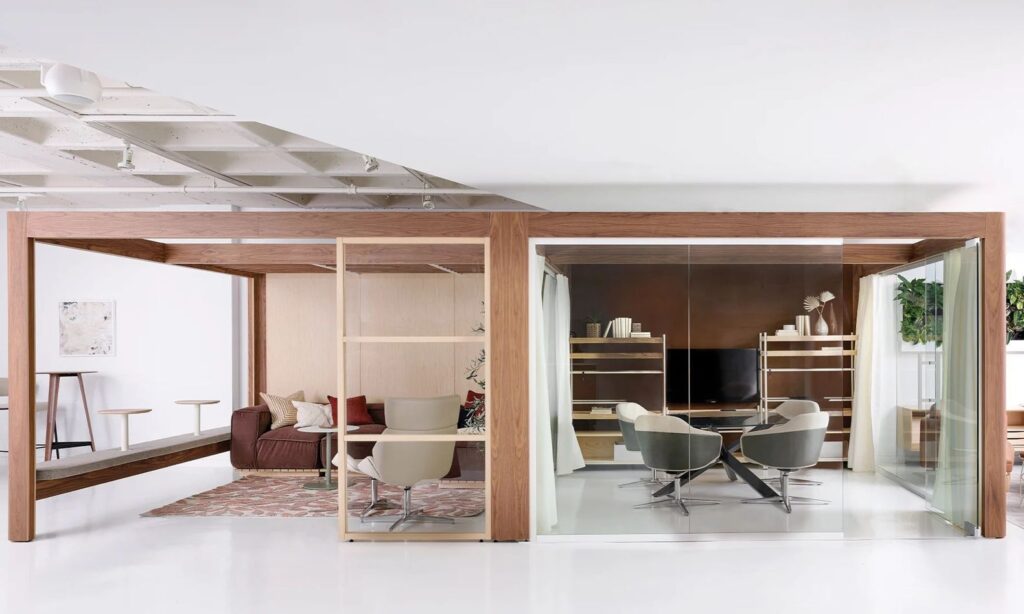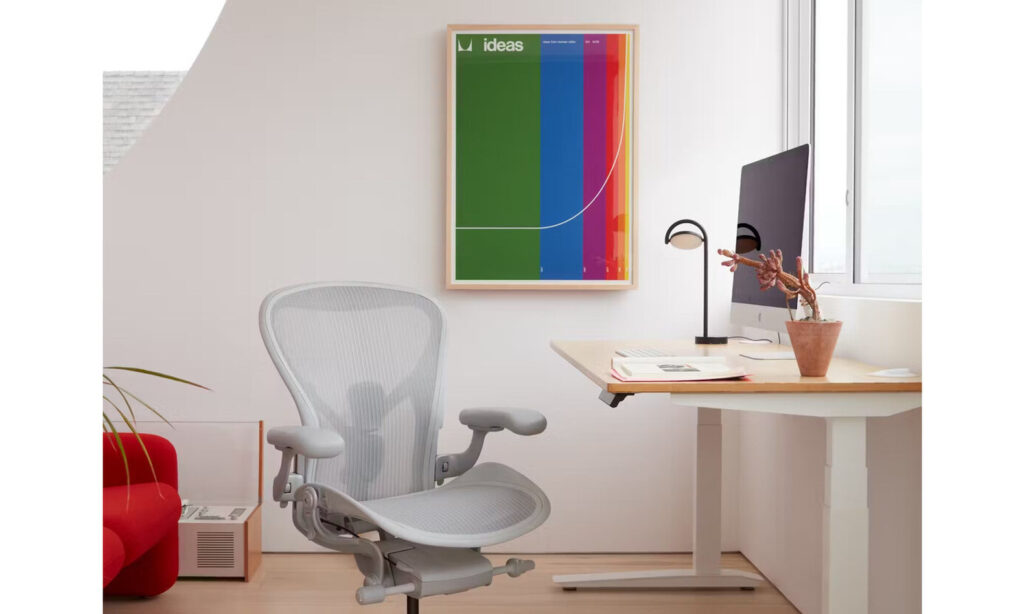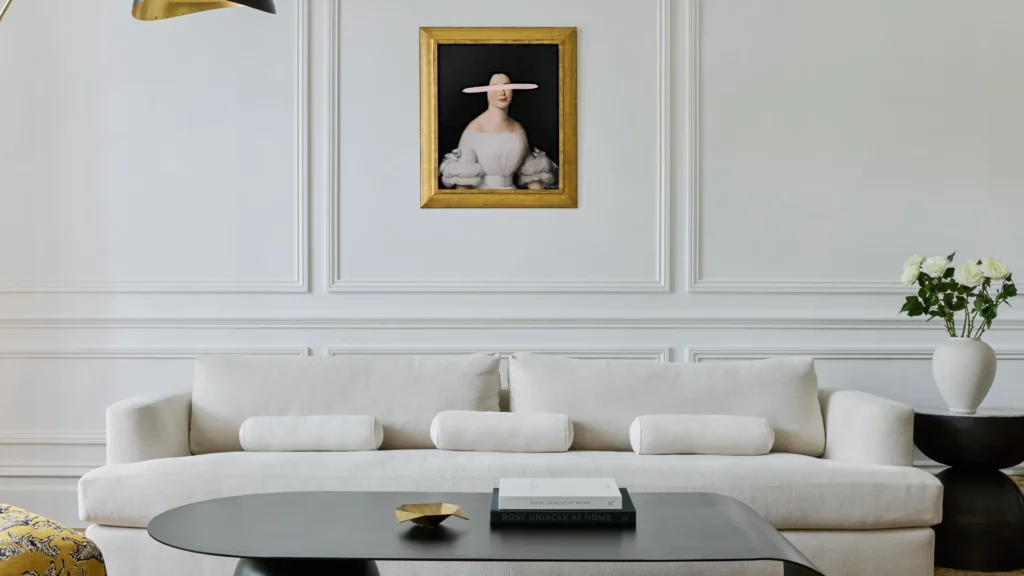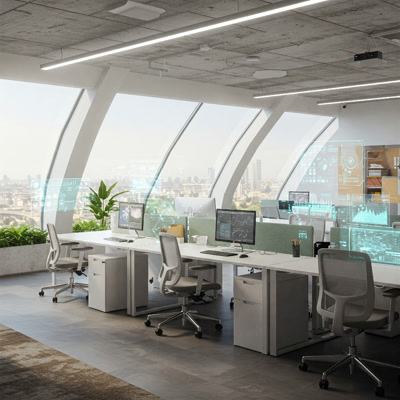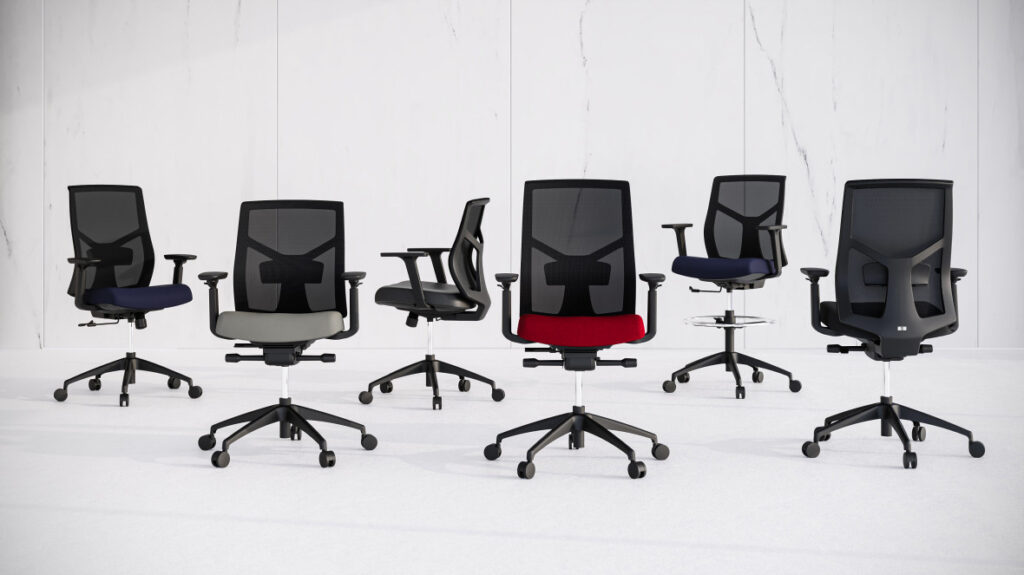By Aidan Taylor A few months into President Trump’s presidency, tariffs are top of mind in the design industry. This week, we asked seven designers—Anu Jain, Kevie Murphy, Nick Nichols, Komall Sheth, Fatima Silva, Izabela Tokarski and Alexander Wilson—what they expect the impact of these tariffs to be on their business and the industry as a whole. How do you foresee tariffs affecting your business? Kevie Murphy Rayon Richards Put It in Writing “Tariffs can have a real impact on my business as a high-end luxury interior designer, especially since we source many materials and furnishings internationally. If new tariffs are imposed on imported goods—like European fabrics, Asian stone or South American wood—costs can increase unexpectedly, which directly affects pricing and project budgets. Since many of these items have long lead times, sudden price hikes from tariffs create uncertainty and can lead to supply chain delays or the need to source alternatives. It’s important to be upfront with clients about these possibilities. To address this, I include a clause in my contracts that accounts for unexpected tariffs, similar to how businesses handled Covid-related disruptions. It states that if new tariffs or surcharges are introduced after a project begins, those additional costs will be passed along to the client. This keeps things fair and transparent while ensuring we can still deliver the level of quality and craftsmanship our projects demand.” —Kevie Murphy, K.A. Murphy Interiors, New York and Manhasset, New York How do you foresee tariffs affecting your business? Komall Sheth Courtesy of Spaces Designed Wide-Reaching Effects “Tariffs can impact my interior design business in several ways, primarily by influencing the cost and availability of materials, furniture, and decor. If tariffs are imposed on imported materials like wood, stone or textiles, sourcing high-quality materials could become more expensive, affecting project budgets and client pricing. Additionally, many luxury and custom furniture pieces are imported, and tariffs on these goods could lead to price increases, making it more challenging to maintain competitive pricing. Beyond cost, tariffs may also disrupt the supply chain, causing shipment delays and longer lead times, which would require better planning and alternative sourcing strategies. On the other hand, higher tariffs on imports could encourage a shift toward locally sourced and American-made products, promoting sustainability and supporting domestic artisans—an approach that aligns with my eco-friendly design principles. Furthermore, if tariffs significantly impact high-end brands, clients may reconsider their investments in imported designer pieces, leading to a growing interest in locally available or custom-made alternatives. While tariffs pose certain challenges, they also offer opportunities to refine sourcing strategies, emphasize sustainability and support local craftsmanship.” —Komall Sheth, Spaces Designed, Austin How do you foresee tariffs affecting your business? Alexander D. Wilson Courtesy of Alexander D. Wilson Go Domestic “Tariffs are going to affect most design firms because there is going to be an item sourced from a vendor that manufactures their products overseas. I think it’s an inevitable part of our business, and something we will have to deal with, but it is a great motivation to source not only from American brands that manufacture locally but also from antique and vintage galleries.” —Alexander D. Wilson, New York How do you foresee tariffs affecting your business? Fatima Silva Christopher Stark Straight from the Source “The new tariffs could have a significant impact on my business, particularly when it comes to sourcing high-end furnishings, materials and bespoke finishes from international vendors. With a [potential] 25 percent tariff on imports from Canada and Mexico and a 20 percent tariff on imports from China, I expect increased costs for luxury textiles, specialty lighting, custom millwork and artisan-crafted furniture. If I pass these costs on to my clients, it could affect their overall budgets and decision-making. Alternatively, I may need to explore new suppliers, which could compromise the exclusivity and quality that my projects demand. Beyond material costs, these tariffs could also disrupt lead times, making it harder to meet tight project deadlines—especially for turnkey installations and curated spaces where every detail matters. The broader economic effects, like inflation and slowed consumer spending, could also impact clients’ willingness to invest in high-end interiors. To navigate this, I’ll need to be more strategic with procurement, explore domestic alternatives that align with my design standards and fine-tune pricing structures to maintain both profitability and the level of excellence my clients expect.” —Fatima Silva, FDG Design Group, San Francisco and Miami How do you foresee tariffs affecting your business? Nick Nichols Courtesy of Imparfait Design Studio Wait and See “We are concerned that the lack of clear policy in our country will create instability and inflate prices. This instability, in addition to yet another media drumbeat of recession, will likely have a material impact on our business. With that being said, demand is quite strong at present. This will, however, influence our plans for growing the team in the near term while we wait for clarity.” —Nick Nichols, Imparfait Design Studio, Chicago How do you foresee tariffs affecting your business? Izabela Tokarski Courtesy of Kabela & Co Pros and Cons “Tariffs on imported furniture and construction materials can significantly impact both the design and build aspects of our business. On the design side, tariffs may limit access to distinctive, globally sourced pieces that contribute to the unique style we’re known for. On the construction side, increased material costs can accumulate quickly, posing challenges as we maintain our commitment to quality craftsmanship. This could make it more difficult to secure projects, as clients may delay renovations or wait for more favorable market conditions, which could be a critical factor for our business. However, there is a potential upside. In the long run, tariffs may encourage more domestic production, boosting the local economy and reducing lead times for materials that would otherwise be delayed by overseas shipping. This shift could foster growth in American manufacturing and open up new opportunities for local sourcing, ultimately strengthening the industry as a whole.” —Izabela Tokarski, Kabela & Co, Dobbs Ferry, New York How
